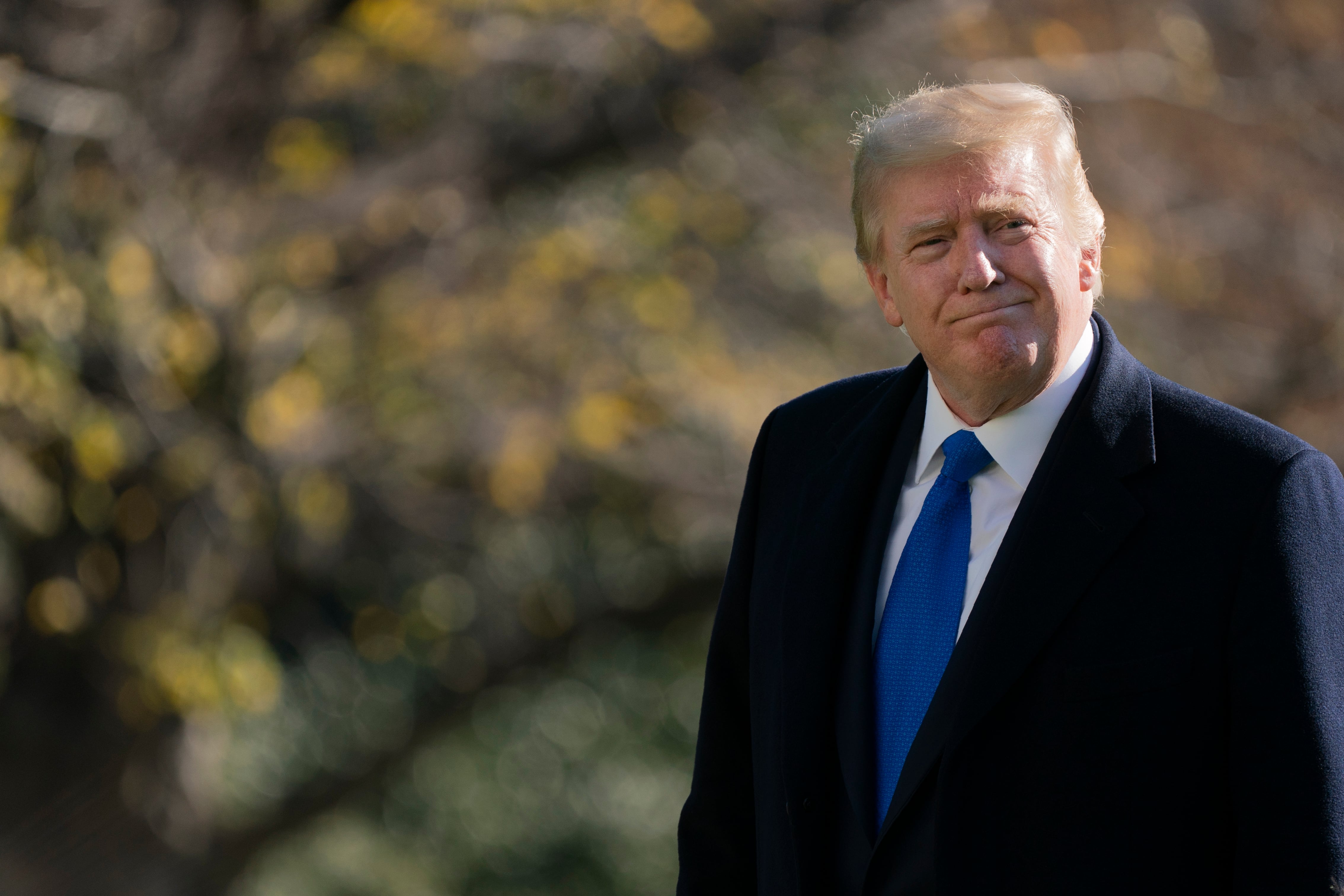After two consecutive years of pay raises of at least 3 percent, troops shouldn’t count on a third one that large in 2022.
Even before the new White House and Congress begin their work on the next military budget, the federal formula for next year’s pay raise has already been set. Under the latest employment cost index calculation — which estimates the expected growth in private-sector wages next year — the military pay raise will be set at 2.7 percent for 2022.
However, that slight dip in pay raises may appear generous given the uncertain economic outlook facing much of the country after nine months of lockdowns, layoffs and other financial problems related to the ongoing coronavirus pandemic.
And the 2.7 percent figure isn’t completely locked in. The White House and Congress can still increase that amount, if they feel the gap between military and civilian wages has grown in recent years, or decreases it, as a way to save military funding for other priorities.
Officials from the new administration led by President-elect Joe Biden and the new session of Congress which begins in January are expected to debate the issue over the next few months. Biden’s first proposed military budget plan is expected to be released sometime this spring.
RELATED

Over the past five years, lawmakers have opted to stick with the federal formula for pay raises and not make any changes, citing the need to keep military salaries competitive with private-sector pay.
For junior enlisted troops, a 2.7 percent raise in 2022 would amount to roughly $790 more a year in pay over 2021 levels.
For senior enlisted and junior officers, that hike equals about $1,400 more. An O-4 with 12 years service would see more than $2,600 extra next year under a 2.7 percent increase.
Pentagon leaders have warned that raises above the federal formula can drain resources from other military needs. A 0.5 percent boost in the pay raise equals about $3 billion in additional spending over five years, given the number of troops and the way each year’s raise stacks upon the previous one.
Leo covers Congress, Veterans Affairs and the White House for Military Times. He has covered Washington, D.C. since 2004, focusing on military personnel and veterans policies. His work has earned numerous honors, including a 2009 Polk award, a 2010 National Headliner Award, the IAVA Leadership in Journalism award and the VFW News Media award.





